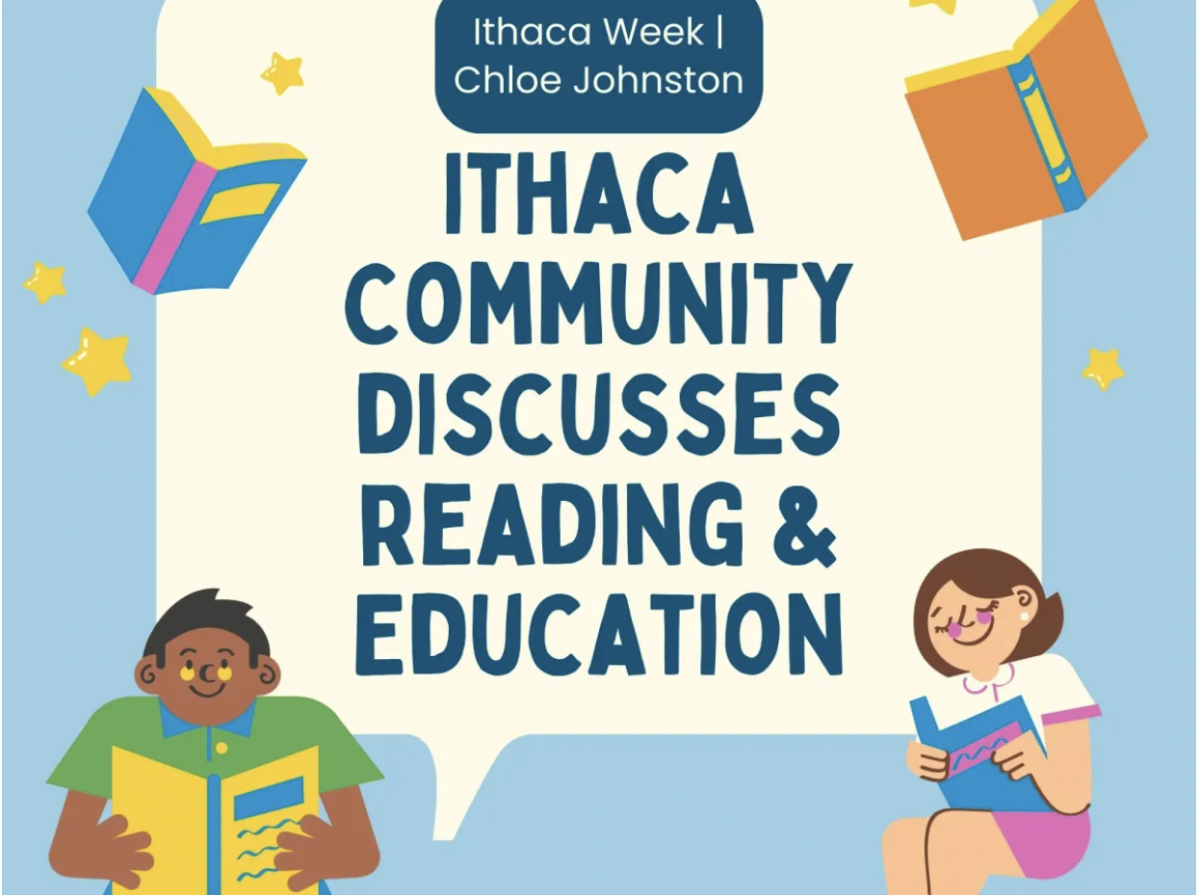When Quinten Hernandez was a senior in high school, he thought his post-graduation plans were set. While other students were starting their extensive college application processes, Hernandez was enrolled in technical school to become an auto mechanic.
“When I graduated high school the thought of committing to a four-year institution kind of intimidated me,” Hernandez said. “It wasn’t until the end of my summer after senior year that I realized that I had a larger passion for TV.”
Hernandez identifies as a first-generation student, meaning that he is the first in his family to attend a traditional four-year college or university. He is currently a sophomore Television-Radio Major at Ithaca College. He explained that although his parents never attended college, he did not feel like there was pressure on him to follow a certain educational route.
“There was no expectation for me to go to college but it was something I wanted to be able to do to enhance my future opportunities – to say I was able to attend a four-year school,” he said.
But before pursuing his four-year degree at IC, he attended his local community college for his first year out of high school. At community college, Hernandez recognized he could be successful at a four-year institution and the resources he has on campus have also helped with this transition.

Some of these resources include those available through IC’s First-Year Experience (FYE), a set of programs that assist new students in making the transition to college.
This past spring the Office of New Student and Transition programs split from the Office of Student Engagement and Multicultural Affairs, making FYE more diverse and extensive in its program offerings. Since the split, FYE has implemented Ithaca Firsts, a program that creates a sense of community among first-generation students on campus and offers opportunities such as leadership seminars and the ability to move in a few days before campuswide move-in day.
IC senior Leticia Lynch, intern for the Office of New Student and Transition programs, became involved with these FYE programs because she was curious about how first-generation students were being engaged during orientation. This curiosity stemmed from her own experience as a first generation student, and her background as an orientation leader.
“I thought about how that could be a very overwhelming experience for students and their families especially because this can be their first interaction with a higher education institution,” Lynch said. “I was really interested in seeing the different ways that this office communicates with students before, during, and after orientation.”
First-generation students may feel alone during different parts of their college process, a sentiment that Hernandez felt when looking at four-year schools.
“Getting here was quite a process, my parents weren’t able to relate to what I was going through and what I needed to get to where I am. It was kind of something that I had to do on my own and take that responsibility on myself,” he said. “There were a lot of things that I felt like I had to go through alone instead of having my parents to contribute to.”

For example, filling out federal student aid forms and knowing what specific things to look for when touring a campus were challenges for Hernandez since his parents didn’t go through the college search. Lynch also said she felt alone during certain parts of the college process, especially when registering for classes during orientation.
“I felt like I was a step behind and that I didn’t know things that everyone else already knew about when it comes to how to navigate higher education,” she said.
With an estimated 848 IC students identifying as first-generation, Ithaca Firsts gives them the opportunity to realize they are not alone. And although first-generation students face their own unique challenges on a daily basis, Hernandez noted that being a first-generation is an empowering identity.
“Being first-gen is such a big opportunity to show younger generations that maybe are also in the same boat that you can do this,” he said. “I think a very high motivating factor is the idea that I’m a trailblazer, and I’m establishing this new way of living for my future family.”






